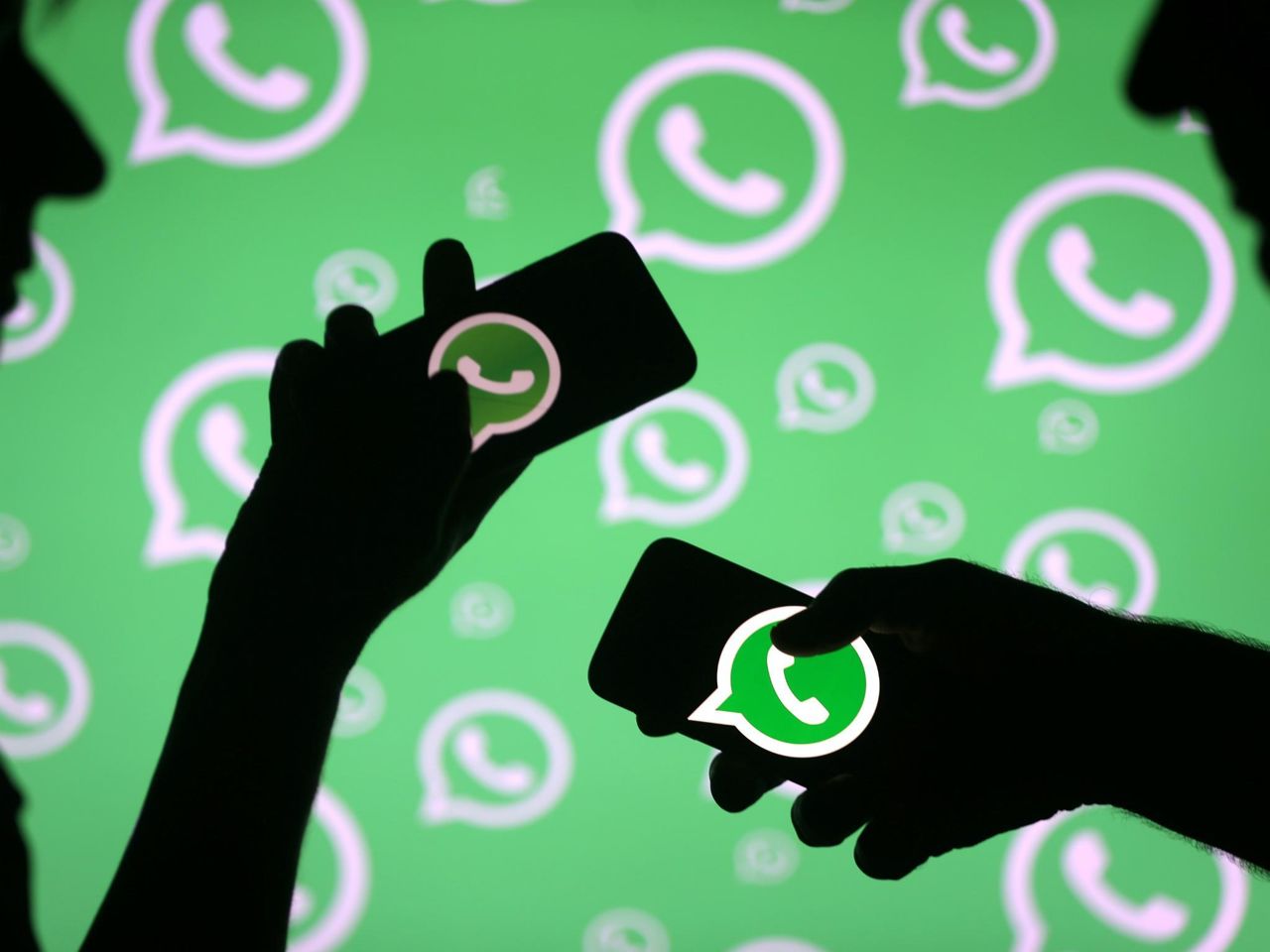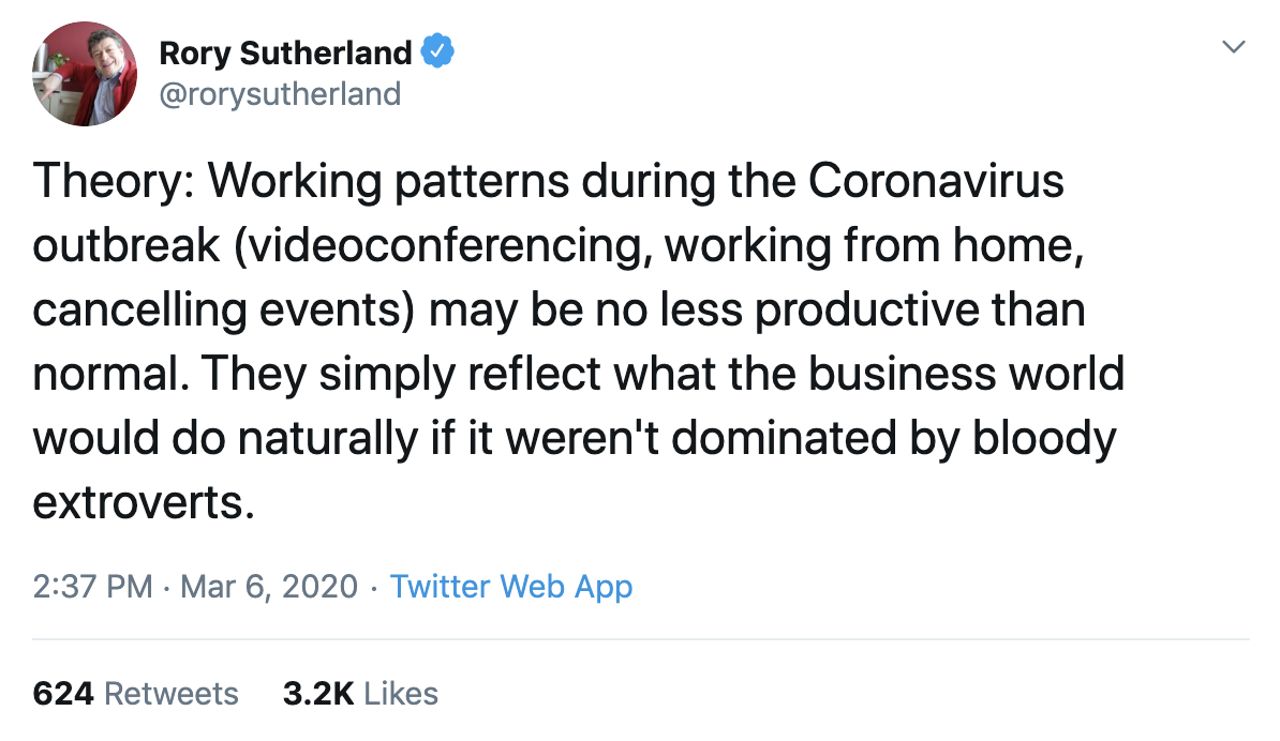Terrible bosses: Calling time on the biggest hurdle to remote working
As companies and individuals navigate the new, corona-imposed working environment, Creativebrief's Nicola Kemp argues that it's untrusting and inflexible leaders who could be the biggest barrier to continued success.
Let’s be honest here, the biggest blocker to successful remote working isn’t a lack of connection, it’s leaders with a lack of empathy.
I know the feeling; you think your head may well explode if you read any more worn-out clichés about ‘slackers in pyjamas’. You simply cannot get any work done, because you are too busy attending webinars to work out how to work remotely.
When it comes to remote working, the biggest blocker is not video conferencing, or a lack of face-to-face communication: its terrible bosses.
While your group WhatsApp chat is aflame because that CEO whose company retracted a job offer because a creative expressed a need to leave at 5pm to do a nursery pick up a couple of times a week (shock horror), is now writing copious thought-leadership pieces about the joy of remote working. A triumph of spin over substance.

Reader, I promise you, this is not that article. Many of us have been working remotely, or flexibly, or a combination of both, for years. We’ve heard the excuses about why it won’t work, even though we successfully smash the dusty status quo that inexplicably links creativity with presenteeism on a daily basis.
A media brand’s working from home guidelines that recently went viral for all the wrong reasons.
Of course, no one in our industry would choose the situation we collectively find ourselves in today. But, let’s be clear, when it comes to remote working, the biggest blocker is not video conferencing, or a lack of face-to-face communication: its terrible bosses.
Today we face another urgent issue; we need to call time on the lack of trust in the industry’s most precious asset: its people.
Bosses that fundamentally don’t trust their employees; that don’t know how to distinguish between productivity and presenteeism. Business leaders that confused the concept of ‘bringing your whole self to work’ with doing nothing but work. When your status is so inextricably linked to your job title then your meeting, or your ego, at least, demands a live audience.
The Trust Deficit
Collectively the industry has done an incredible job in tackling consumers’ lack of trust in advertising. But today we face another urgent issue; we need to call time on the lack of trust in the industry’s most precious asset: its people.
It is a lack of trust which is not just bad for business but has a potentially corrosive impact on the mental health of staff. Business leaders who think their most pressing concern in the midst of a global pandemic is installing surveillance software to track their staff have no business being leaders in the first place.
It was a masterclass in un-empathetic leadership.
A media brand’s working from home guidelines that recently went viral for all the wrong reasons should give us all pause for thought. From instructing staff to ‘Respond within just a few minutes to a Slack or Google Hangout message from your colleagues’, to urging employees to ‘Keep your phone’s ringer turned on and answer it when it rings. Now is not the time to screen calls’, it was a masterclass in un-empathetic leadership.
For the record, now is absolutely the time to reappraise our relationships with our smartphones. To mute that WhatsApp chat spreading fake news, to be mindful of our mental wellbeing, to choose just what BREAKING NEWS alert we unsubscribe from.

Advertising for introverts
As we collectively navigate these challenging times it might feel glib to look for a bright-side; but for the advertising industry’s best kept secret - its bloody brilliant introverts - this is it. Now is the perfect opportunity to puncture the era of presenteeism and performative leadership.
An argument that Rory Sutherland, in typical understated brilliance, manages to condense to a single tweet: “Working patterns during the coronavirus outbreak (videoconferencing, working from home, cancelling events) may be no less productive than normal. They simply reflect what the business world would do naturally if it weren’t dominated by bloody extroverts.”
Now is the perfect opportunity to puncture the era of presenteeism and performative leadership.
With data from Creative Equals showing just 9% of creatives have their best ideas in the office; we need to collectively agree to stop sweating the small stuff. Now is not the time for clock-watching and shoe-horning old structures into the landscape we now find ourselves in.

Navigating the new normal
These are challenging times for all businesses but in the creative industries we are the lucky ones. For those of us with friends and family on the front-line of this crisis, we don’t wear this privilege lightly. I urge business leaders across the industry to do the same.
Culture doesn’t live on agency websites or thought leadership articles, it resides in how you treat your people.
As schools close and many of us find ourselves sandwiched between caring responsibilities for vulnerable loved ones and little people looking for love, (and/or unlimited access to our smartphones) now is the time for kindness and empathy.
Culture doesn’t live on agency websites or thought leadership articles, it resides in how you treat your people (and that extends to freelancers), your partners, your industry and your clients. As the late, great Clayton M Christensen, one of the world’s leading innovation thinkers wrote: “It’s easier to hold to your principles 100% of the time. The boundary – your own personal moral line – is powerful, because you don’t cross it; if you have justified doing it once, there’s nothing to stop you doing it again. Decide what you stand for and then stand for it all the time.”
The time to raise the bar is now.
We may stand together virtually now, but it is on every single one of us to hold each other up with compassion, kindness and empathy. The time to raise the bar is now.
)




 + membership
+ membership








